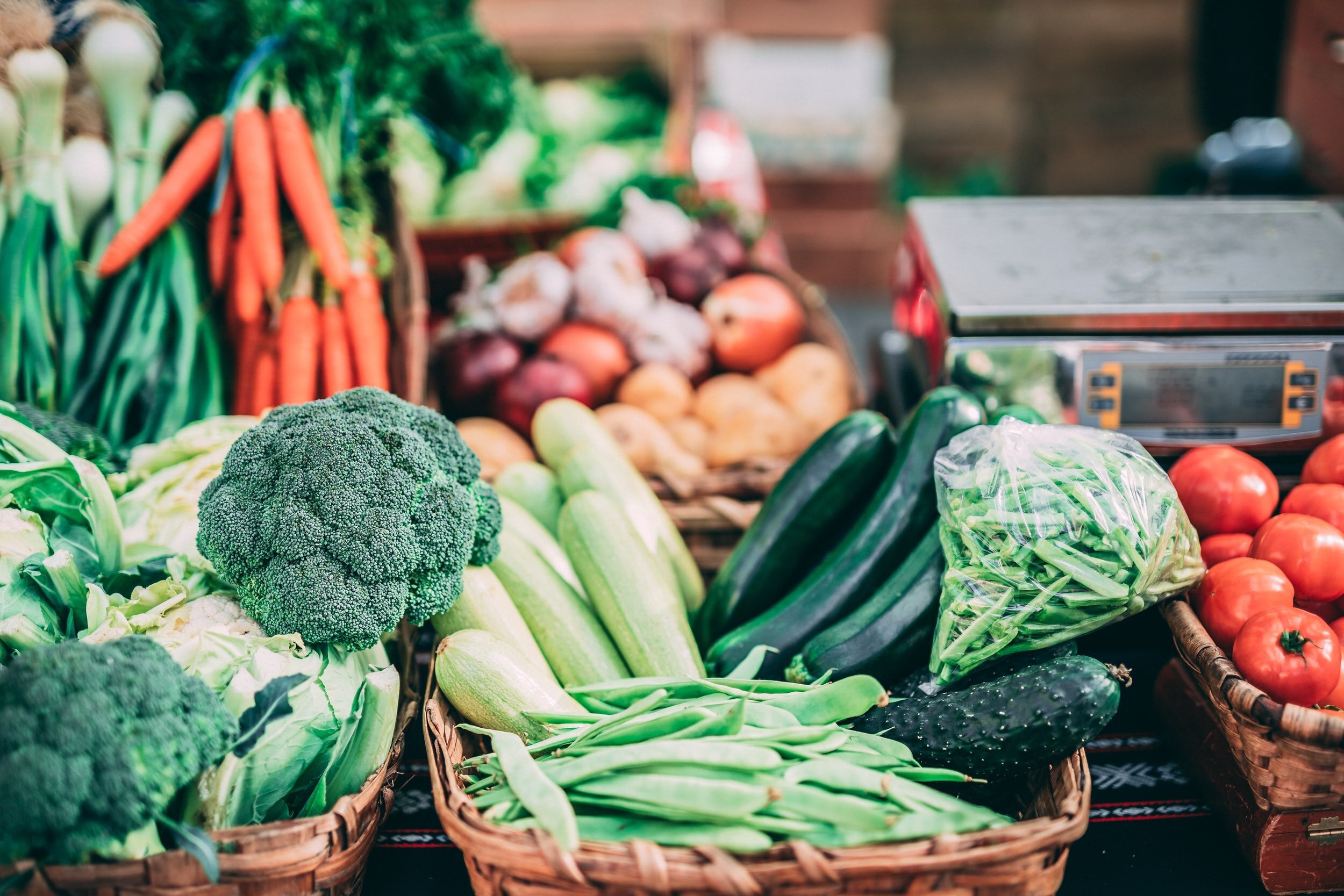How to Cope with Eco-Anxiety
Be sure to take care of yourself, reconnect with nature and channel your anxieties into positive action
Let’s be honest, times are tough. Amid a global pandemic, we are also facing a constant barrage of distressing news regarding the environment. In the Gulf of Mexico, the ocean erupted into flames from a colossal oil spill, the Northern white rhino has become functionally extinct, massive swathes of the rainforest and old-growth forest are being cut down, a huge nurdle spill in Sri Lanka contaminated miles of coastline, intense flooding occurred in Germany and China, and extreme heat waves and fires have been experienced across the globe. This is just a small sampling of disheartening news that has been in the recent headlines.
We have daily dreadful reminders about the alarming atmospheric levels of carbon dioxide, increasing global earth surface temperatures, and melting of glaciers and sea ice. Most recently, the Intergovernmental Panel for Climate Change released a stark report, citing irrefutable harm caused by humans to the earth, including some irreversible damage. It also recognized the fact that we are on target to surpass 1.5 degrees of warming mid-century, and we will face more extreme heat, flooding from rising sea levels, droughts, and natural disasters (among many other consequences) unless we drastically cut carbon emissions.
As events precipitated by the climate crisis are occurring even closer to home, it is difficult to remain hopeful. It is so easy to feel helpless, as the enormity of this situation feels beyond our control as individuals. Waves of sadness, grief and rage occur when we pay attention to what the climate crisis is doing to our planet.
Lakeshore Parklands. By AJ Rappaport, volunteer.
The question remains: Where can we find hope? What can we do to remain optimistic in the face of uncertainty? How do we go through the motions of everyday life with the climate crisis weighing heavily on our hearts? We’ve put together a few ways we can combat eco-anxiety:
Consume positive media sources
It is critical to stay informed but grant yourself permission to disengage sometimes and take breaks from social media and news when you feel overwhelmed.
Balance your intake of climate catastrophe headlines with outlets that share inspiring news about inventions, changemakers, and new progressive policies that will help us fight the climate crisis.
Follow wildlife ambassadors, plastic-free advocates, environmental activists, and leaders who champion environmental justice. Adopt their sense of optimism.
Read books by authors who love and honour the earth. Let their passion reinvigorate your desire to bring about change.
Build community
Litter clean up at Clark Park. By Nailani Cavero, volunteer.
Gather with like-minded people who share your passion for the environment so that you know you are not alone.
Plan a social gathering that shows how being environmentally minded can be fun and can also encourage creativity and resourcefulness.
Partake in volunteer activities that help the environment, like litter cleanups with A Greener Future.
Join local organizations that champion sustainable food systems, conservation, and other niche areas of environmental advocacy.
Ground in nature
Take time for yourself to connect with the earth. Remove your shoes and ground your feet in the grass.
Embark on a gratitude walk and thank the trees, flowers, and other life around you.
Go for a swim at the beach and picture the water washing away your worries.
Samuel Wilmot Nature Area. By Nicole Henderson, Program Assistant, A Greener Future.
Process your feelings
Speak to a trusted therapist who can help you improve your mental health, and offer you practices to help alleviate anxiety.
Allow yourself to feel the emotions that arise when thinking about the climate crisis. Let them flow out, and express them through embodied movement, physical activity, or creative pursuits.
Create rituals that help bring you peace, like meditation, or a daily journaling practice.
Press for change
Channel your climate anxiety into action. Protest for meaningful causes - this will prompt a conversation in the public sphere.
Divest your money from banks that fund fossil fuel projects, and transfer accounts to a local credit union instead.
Pressure government officials to have a sense of urgency through letter-writing, social media posts, and phone calls.
Take action
Create change on a small scale by implementing environmental practices that are within your control.
Refuse to support fast fashion, as it is one of the most polluting industries on the planet.
Say no to single-use plastics that end up in our bodies of water.
Limit your food waste, thus decreasing methane emissions from decomposition, and limiting fossil fuel and water use throughout the food supply chain.
Hold on to hope
Lakeview Park. By Rochelle Byrne, Executive Director/Founder.
Climate doomism leads to hopelessness, and hopelessness leads to inaction. We simply cannot accept the status quo, or become immobilized with fear. We must remember that small incremental changes are better than inaction, and collectively our actions will have an impact. We can’t do everything, but we can each become environmental advocates using our unique gifts and areas of expertise. Every action, every refusal to participate in harmful systems, and every voice that speaks out is important and necessary in shaping the future of our planet.















Blog Assistant